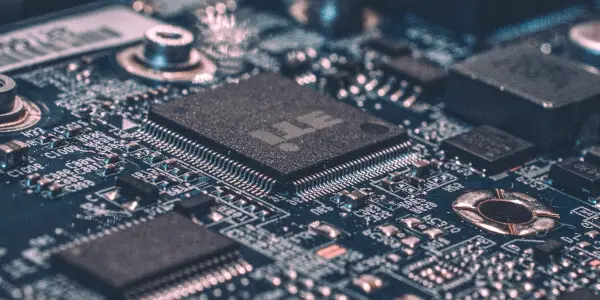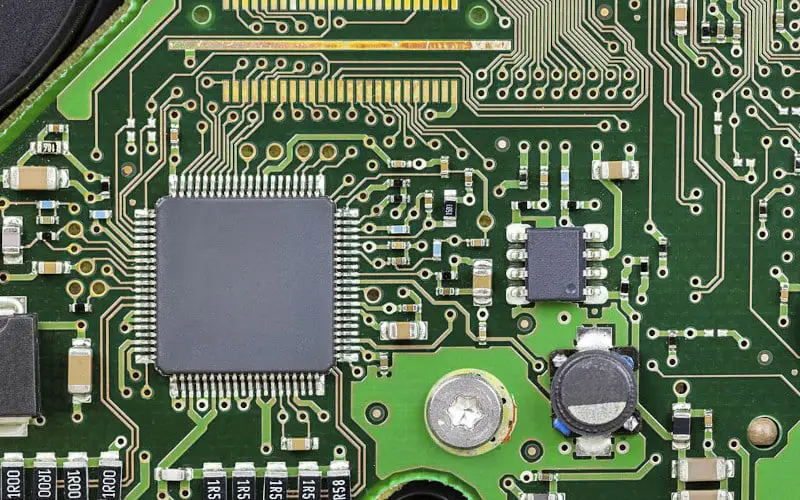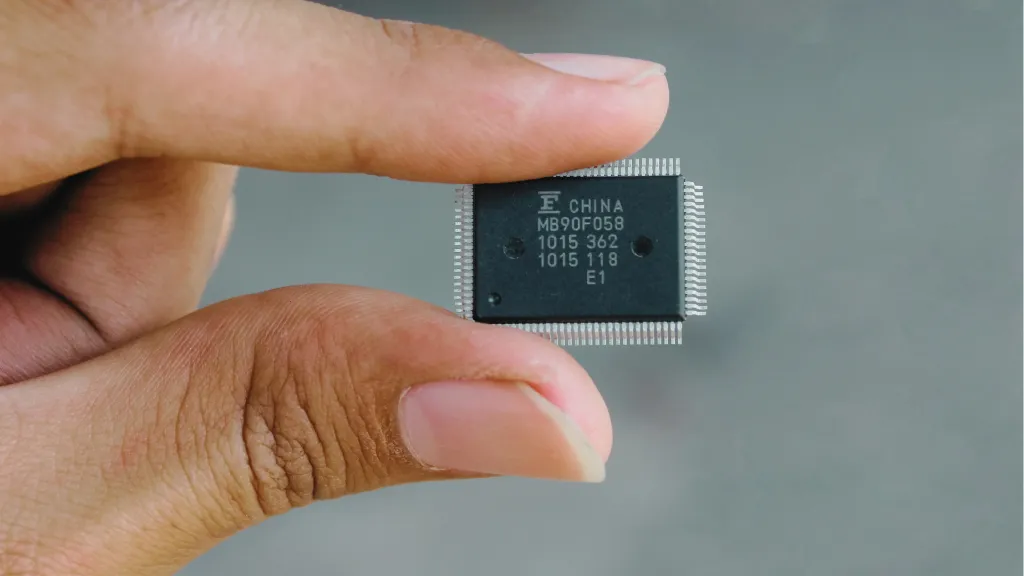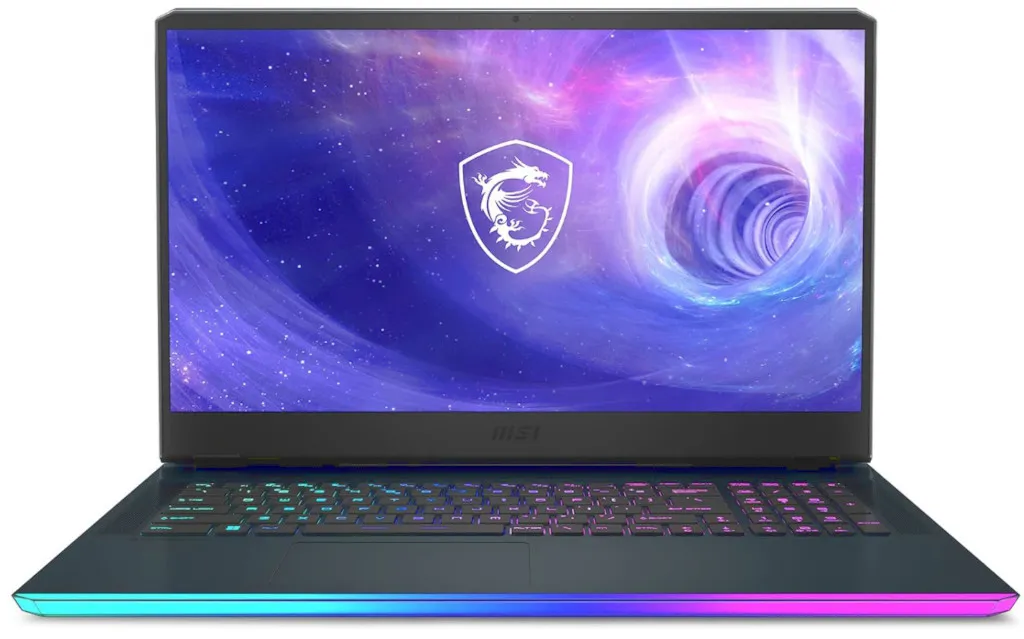Many believe the motherboard is a minor factor when building or upgrading a gaming PC. People often focus on the processor, graphics card, and memory since they significantly impact gaming performance. However, how important is the role of the motherboard in gaming?
In this article, we will investigate whether it matters what type of motherboard you use for gaming purposes.
What is a Motherboard?

Before diving into the importance of the motherboard for gaming, let’s first define what it is and what it does. A motherboard is the main circuit board of a computer that houses the processor, memory, and various other components. It is the central hub of the computer and is responsible for connecting all the different parts of the system.
The motherboard has several different connectors and slots that allow you to install and connect components like the processor, graphics card, storage drives, and more. It also has built-in features, such as audio and networking capabilities, that allow you to connect to the internet, peripherals, and other devices.
Related: Best Z390 Motherboards
How Does the Motherboard Affect Gaming Performance?
To understand how the motherboard affects gaming performance, it is essential to consider the components and features of a motherboard and how they impact gaming.
Processor and Memory Support
One of the main ways that the motherboard affects gaming performance is through its support for the processor and memory. The motherboard determines which processors and memory modules can be used in the system and their maximum clock speeds and memory capacity.
A motherboard with support for high-end processors and large amounts of memory can help to ensure that the system has adequate performance and resources to run the latest games.
However, it is worth noting that the processor and memory are typically the primary drivers of gaming performance. Investing in a high-end motherboard may not provide as much of a boost as upgrading the processor or memory.
Graphics Card Support
Another way that the motherboard can affect gaming performance is through its support for graphics cards. The motherboard determines which graphics cards can be used in the system and how many can be installed.
It also determines the type of graphics card connector used, which can impact the graphics card’s performance.
A motherboard with support for multiple graphics cards can allow you to set up a multi-GPU configuration, which can provide a significant boost to gaming performance. However, it is worth noting that multi-GPU configurations are not always supported by all games and can sometimes result in lower performance or other issues.
Other Features
In addition to processor and graphics card support, the motherboard offers features that can impact gaming performance. These features include things like audio and networking capabilities, as well as support for additional storage drives and peripherals.
For example, a motherboard with support for high-speed networking can help to reduce latency and improve online gaming performance. Similarly, a motherboard with support for high-quality audio can enhance the gaming experience by providing more transparent and immersive sound.
Is a High-End Motherboard Worth the Investment for Gaming?
The answer to this question depends on some factors, including your budget and the other components in your system.
A high-end motherboard may not boost gaming performance if you already have a high-end processor and graphics card. In this case, you may better invest in other components or upgrade to a faster processor or graphics card.
On the other hand, a high-end motherboard can be a worthwhile investment if you are building a new gaming PC or upgrading an older system. A high-end motherboard can support the latest processors, graphics cards, and additional features that enhance the gaming experience.
However, it is essential to consider the cost of the motherboard relative to the other components in your system. A high-end motherboard can be expensive and may not provide as much of a performance boost as upgrading the processor or graphics card.
Ultimately, whether or not a high-end motherboard is worth the investment for gaming depends on your specific needs and budget. It can be worthwhile if you are willing to spend a little extra on a motherboard that offers additional features and support for the latest hardware.
However, a more affordable motherboard may be better if you want to save money or prioritize other components.
Related: How To Fix VGA Lights on Motherboard
Conclusion
The motherboard is an essential component for gaming, as it determines which processors and graphics cards can be used in the system and provides support for other features that can impact gaming performance.
Whether or not a high-end motherboard is worth the investment for gaming depends on your budget and the other components in your system. It can be worthwhile if you are willing to spend a little extra on a motherboard that offers additional features and support for the latest hardware.
However, a more affordable motherboard may be better if you want to save money or prioritize other components.







